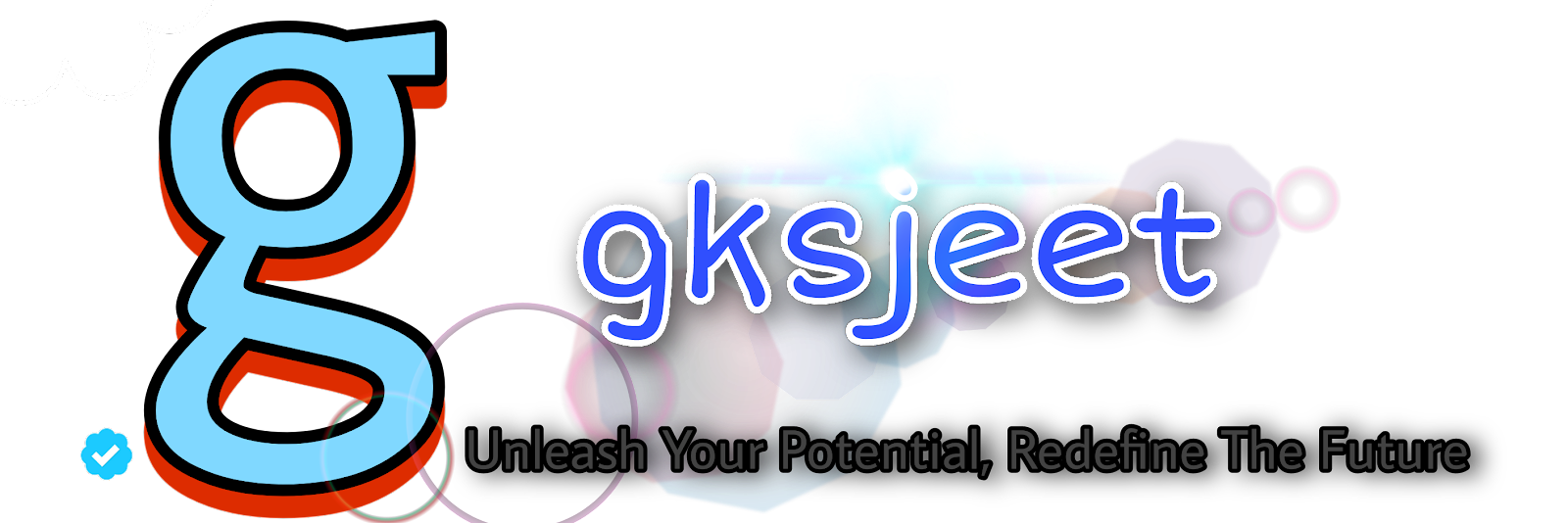Introduction
In vitro fertilization (IVF) has long been a ray of hope for
couples struggling with infertility. Over the years, advancements in medical
technology have significantly improved the success rates of IVF procedures.
However, the integration of artificial intelligence (AI) into this field has
the potential to revolutionize the entire process. By harnessing the power of
AI, IVF treatments can become more personalized, efficient, and successful.
This article explores the transformative impact of AI on in vitro
fertilization.
How AI is Used in IVF
The Benefits of AI in IVF
The Future of AI in IVF
- Enhanced
Selection of Embryos:
One of the crucial steps in the IVF process is the selection
of viable embryos for implantation. Traditionally, embryologists have relied on
visual examination to determine the quality of embryos. However, AI algorithms
can now analyze vast amounts of data, including microscopic images and genetic
information, to assess embryo quality more accurately. By considering various
factors such as cell division rate, morphology, and genetic markers, AI can
assist embryologists in selecting the most viable embryos for transfer, thereby
improving the chances of successful implantation.
Read More: AI-Powered Homoeopathy: The Next Frontier in Healthcare
- Predictive
Analytics and Individualized Treatment:
AI can leverage predictive analytics to optimize IVF
treatment plans for individual patients. By analyzing a multitude of
patient-specific data, including age, medical history, hormone levels, and
genetic factors, AI algorithms can predict the likelihood of success for
various treatment protocols. This enables fertility specialists to develop
personalized treatment strategies that increase the chances of conception.
Additionally, AI can monitor a patient's response to treatment in real-time,
allowing adjustments to be made promptly for optimal results.
- Time
and Cost Efficiency:
IVF treatments often involve multiple cycles, each requiring
time-consuming procedures and expensive medications. AI can streamline the
process, reducing the number of cycles needed to achieve a successful
pregnancy. By analyzing vast amounts of patient data, AI algorithms can
identify patterns and factors that contribute to successful outcomes. This
knowledge can guide fertility specialists in tailoring treatment plans,
minimizing the need for trial and error. Ultimately, this leads to significant
cost savings for patients, making IVF more accessible and affordable.
- Genetic
Screening and Disease Prevention:
AI has the potential to revolutionize preimplantation
genetic screening (PGS) and preimplantation genetic diagnosis (PGD). By
analyzing the genetic profile of embryos, AI algorithms can detect chromosomal
abnormalities or genetic diseases with high accuracy. This enables fertility
specialists to select embryos free from inheritable disorders, minimizing the
risk of passing on genetic conditions to future generations. AI-powered genetic
screening also ensures that only healthy embryos are selected for implantation,
improving the overall success rates of IVF procedures.
- Ethical
Considerations and Human Expertise:
While AI offers immense potential in the field of IVF, it is
essential to balance its integration with human expertise and ethical
considerations. Fertility specialists play a vital role in interpreting
AI-generated data and making informed decisions. It is crucial to maintain a
collaborative approach where AI serves as a powerful tool that supports medical
professionals rather than replacing their expertise. Furthermore, ensuring
patient privacy, data security, and ethical use of AI algorithms should be prioritized
to maintain trust and transparency within the IVF process.
Read More: Cyclospora cayetanensis : An Emerging Parasitic Pathogen
Conclusion:
Artificial intelligence is reshaping the landscape of in
vitro fertilization, revolutionizing the way fertility treatments are
conducted. Through enhanced embryo selection, personalized treatment plans,
improved efficiency, and genetic screening, AI is paving the way for higher
success rates and greater accessibility to IVF procedures. However, it is vital
to strike a balance between AI integration and the indispensable role of
medical professionals, while also upholding ethical standards. As AI continues
to advance, the future of IVF looks promising, offering renewed hope to couples
seeking to build their families.
- Agarwal A, Henkel R, Huang C-C, Lee M-S. Artificial intelligence in human in vitro fertilization and embryology. Fertil Steril. 2020 Nov;114(5):1026-1031. doi: 10.1016/j.fertnstert.2020.06.006. Epub 2020 Oct 1.
- El-Toukhy T, Maheshwari A. Artificial intelligence in assisted reproduction: current applications and future directions. Hum Reprod Update. 2021 Feb;27(2):215-226. doi: 10.1093/humupd/dmz115.
- Sharma A, Agarwal A, Sharma R, Maheshwari A. Artificial intelligence in assisted reproduction: a review. J Assist Reprod Genet. 2021 Apr;38(4):595-604. doi: 10.1007/s10815-020-01770-9.






